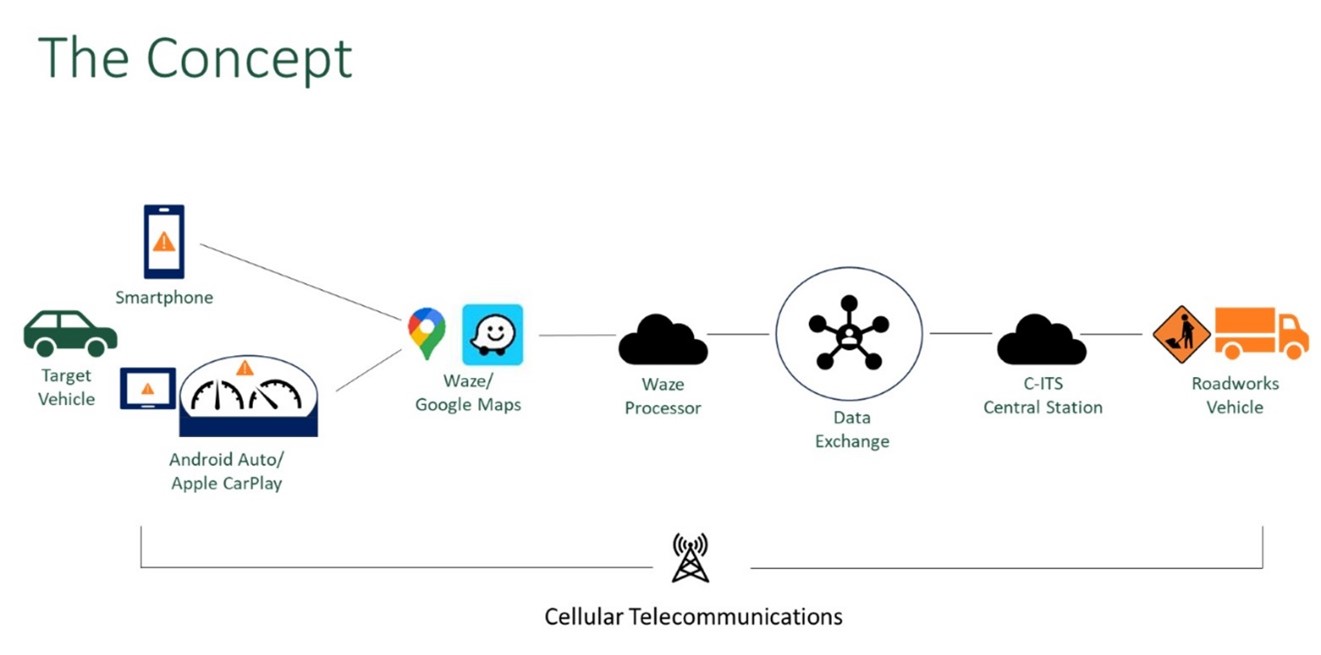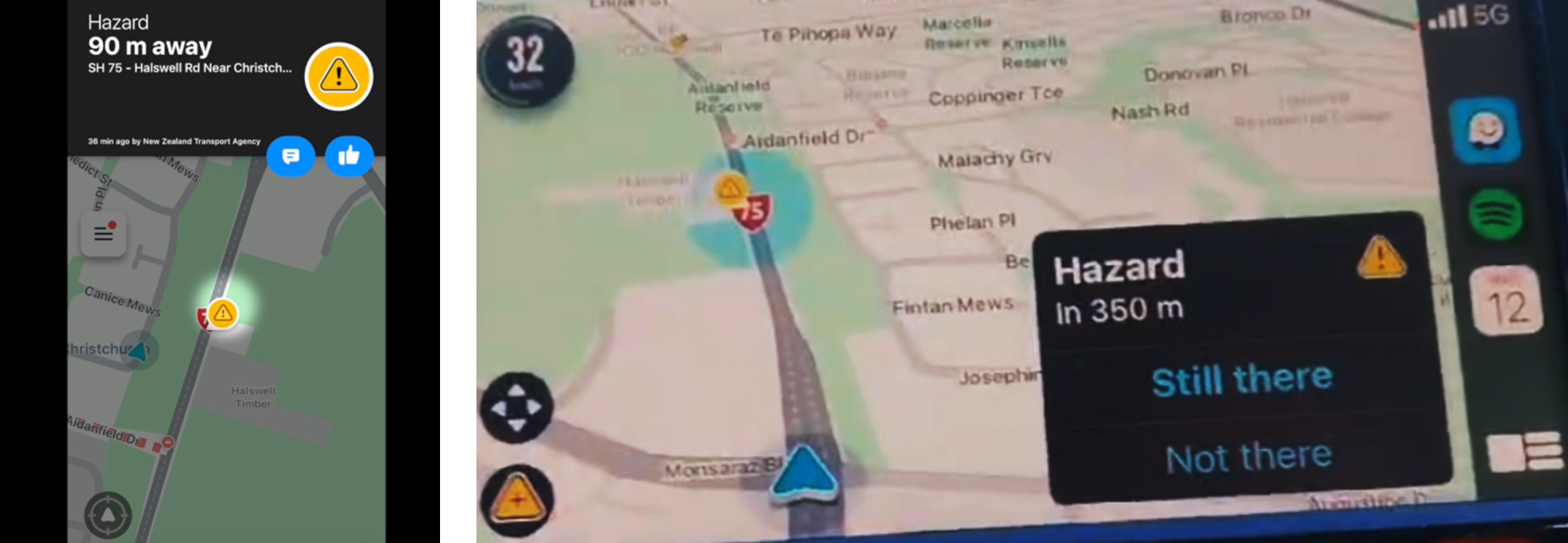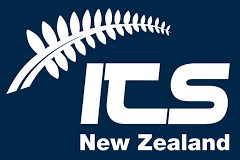Resolve Group’s Mark Walker has recently been working with V2X Technology Partnership on a project in response to one of NZTA’s Hoe ki angitū Innovation Fund round two challenges – making road works safer for road workers and other road users.
Through the implementation of cooperative intelligent transport systems (C-ITS) – wireless technology enabling real-time, co-operative communication from vehicle-to-vehicle or vehicle-to-infrastructure (and vice-versa) – the concept was to alert road users to potential roadwork hazards ahead of time. The project included collaboration between NZTA and Queensland Main Roads through the Austroads partnership.
In addition, a civil construction and traffic management industry survey was conducted to quantify current opinions and knowledge about C-ITS, and lessons learned were compiled suggesting ways forward for up-scaling through collaboration.

While Intelligent Transport Systems (ITS) focus on digital technologies providing intelligence placed at the roadside or in vehicles, C-ITS focuses on the communication between those systems – whether it is a vehicle communicating with another vehicle, with the infrastructure, or with other C-ITS systems; vehicles and infrastructure equipped with C-ITS can, for example, communicate warnings to each other in real time, allowing drivers to take timely actions to avoid potential harm.
The project involved firstly creating a C-ITS ecosystem – sourcing C-ITS hardware and several inter-operable software systems, developing integrations to connect these systems, and connecting data to a traffic navigation app to receive alerts.
Working with civil construction and traffic management businesses, the C-ITS hardware was then deployed and tested on live sites by broadcasting roadworks alert messages.
Finally, collaboration with a local mobile data network provider enabled transmission of data from the hardware on site.
The first test of this kind to be conducted in New Zealand, messages from all participating active roadworks sites in Christchurch and Wellington, and on mobile road maintenance vehicles in Nelson, were successfully sent through the ecosystem, and received by the approaching vehicles used in each test scenario.
The lessons learned over the course of implementing this project were that C-ITS has the potential to improve worker safety through improved driver warnings; that the components to establish C-ITS quickly and effectively in NZ are readily available; that there would be benefit in partnering with the private sector and with Australia in the development of a strategy for implementing an ecosystem through a National Access Point (NAP) and that the Austroads partners work together to develop an Australasian-wide digital platform for data exchange using C-ITS technology.




